Diesel cars pros and cons: should you buy one this year?
Vehicles using the fuel are now more expensive to tax, but are they still the best option for high-mileage drivers?
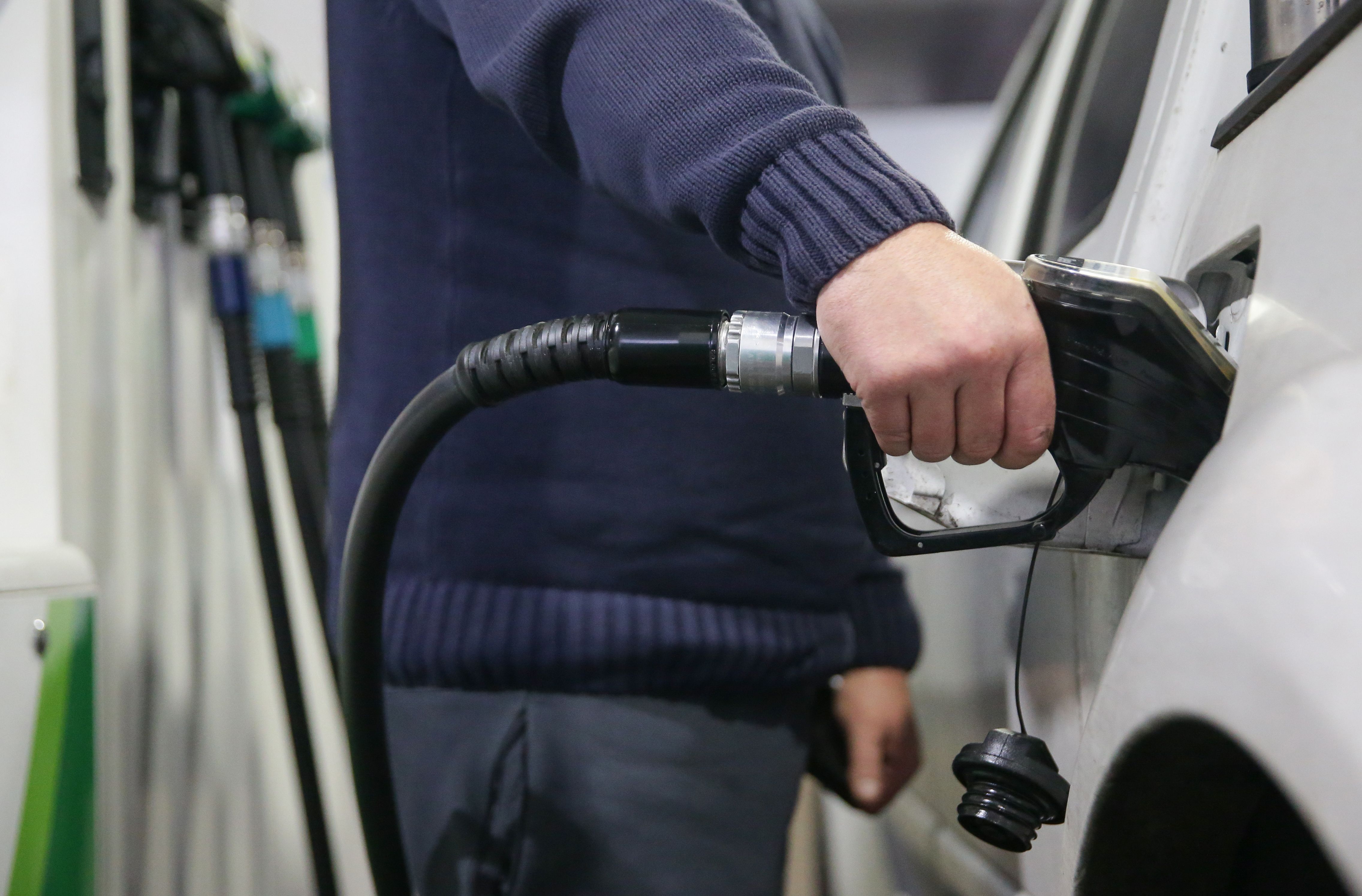
A free daily email with the biggest news stories of the day – and the best features from TheWeek.com
You are now subscribed
Your newsletter sign-up was successful
The future of diesel cars is an uncertain one.
Once praised for their low carbon emissions compared to their petrol-powered siblings, drivers now face tougher MOT tests and a series of levies that make diesel ownership increasingly difficult.
This year the Government introduced a revamped road tax system that means buyers of diesel cars now pay more to register their vehicle for the first year of ownership than they would with a petrol or electrified car.
The Week
Escape your echo chamber. Get the facts behind the news, plus analysis from multiple perspectives.

Sign up for The Week's Free Newsletters
From our morning news briefing to a weekly Good News Newsletter, get the best of The Week delivered directly to your inbox.
From our morning news briefing to a weekly Good News Newsletter, get the best of The Week delivered directly to your inbox.
But there are still some upsides to diesel car ownership. Vehicles powered by diesel tend to be more economical than their petrol counterparts, making them ideal for drivers who cover thousands of miles a year.
So what are the pros and cons of diesel cars?
Pro: better fuel economy than petrol cars
According to research by the consumer watchdog Which?, diesel cars are more fuel efficient than petrol cars by around 9mpg.
A free daily email with the biggest news stories of the day – and the best features from TheWeek.com
The study, which surveyed 222 diesel cars and 174 petrol models, found that the average fuel economy for diesels tested between 2012 and 2017 sits at 53.8mpg. The figure is a significant step above the 44.9mpg for petrol motors and equates to a saving of roughly £200 per year for diesel owners.
Con: filling up costs more for diesel than petrol
High fuel prices have been an issue for diesel car owners for years.
The current price of diesel sits at an average of 134.6p per litre, which is four pence per litre more than today’s petrol prices, the BBC reports. So if a car were to have a 50-litre fuel tank, the cost of filling up would total £67.30 for diesel owners and £65.30 for petrol cars.
The difference may sound small, but after working out how much more they pay per year diesel owners could feel the costs are too high.
Pro: prices for new models are falling
The uncertainty over the future of diesel cars has led to manufacturers reducing their prices on certain vehicles powered by the fuel. It’s hoped the price drops will help drive sales of diesel-engined models.
Manufacturers are now offering discounts of up to 22% on diesel-powered SUVs, which could save buyers thousands, The Sun reports. Among the best deals is a saving of £5,700 on the price of a new Mitsubishi Outlander. This brings the total cost of the vehicle down to £20,000.
Con: the Government doesn’t favour diesels
It’s no secret that the Government has fallen out of love with diesel cars. This was arguably sparked by the 2015 Volkswagen emissions scandal where the German carmaker used cheat devices to make its diesel engines emit lower levels of NOx gases during efficiency tests.
In a bid to address concerns over NOx levels following the scandal, the Government revamped the road tax system in April so that diesel owners would pay more to tax their car for the first year of ownership than they would for a petrol or electric-powered vehicle, says Auto Express.
Drivers who paid £160 to tax their diesel car during the first year of ownership before April 2018 now pay £200, the car magazine says. The tax hike means that people who buy higher-polluting cars, such as the now-discontinued Bentley Bentayga, will have to pay into the thousands in order to tax their car.
Should you buy a diesel car?
It depends on how many miles you cover each year and how long you spend in your car.
BuyaCar says that diesel cars are ideal for buyers who travel 12,000 miles a year, especially if that distance is mainly covered on motorways, as diesel engines have better fuel economy than petrol cars and this outweighs their higher running costs.
The air pollution impact of diesel cars is also reduced outside cities because harmful emissions can disperse with “far less impact on health”, argues the car buying site.
But WhatCar? claims that the growing reliance on diesel particulate filters (DPFs), which reduce the amount of toxic gases emitted from the exhaust, can cause problems for motorists driving in urban areas.
That’s because diesel cars need to be driven in mixed driving conditions, such as on motorways or in rural areas, to help maintain the efficiency of DPFs, the motoring site says. Low-speed driving in towns can clog DPFs, causing diesel cars to experience performance issues. This can lead to significant repairs bills.
-
 How to Get to Heaven from Belfast: a ‘highly entertaining ride’
How to Get to Heaven from Belfast: a ‘highly entertaining ride’The Week Recommends Mystery-comedy from the creator of Derry Girls should be ‘your new binge-watch’
-
 The 8 best TV shows of the 1960s
The 8 best TV shows of the 1960sThe standout shows of this decade take viewers from outer space to the Wild West
-
 Microdramas are booming
Microdramas are boomingUnder the radar Scroll to watch a whole movie
-
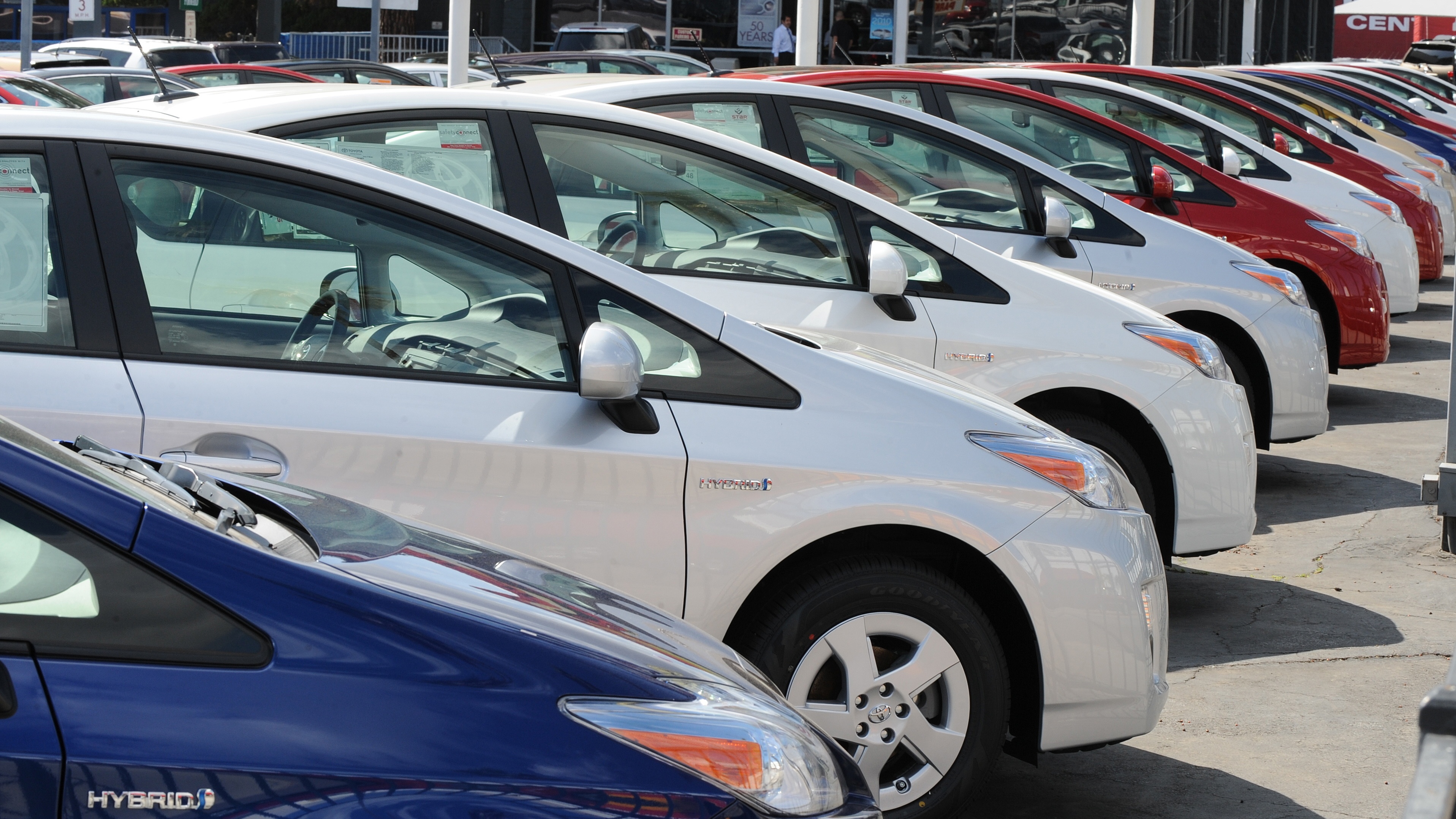 The pros and cons of hybrid cars
The pros and cons of hybrid carsPros and Cons Part-electric vehicles produce lower emissions but they may not work for every lifestyle
-
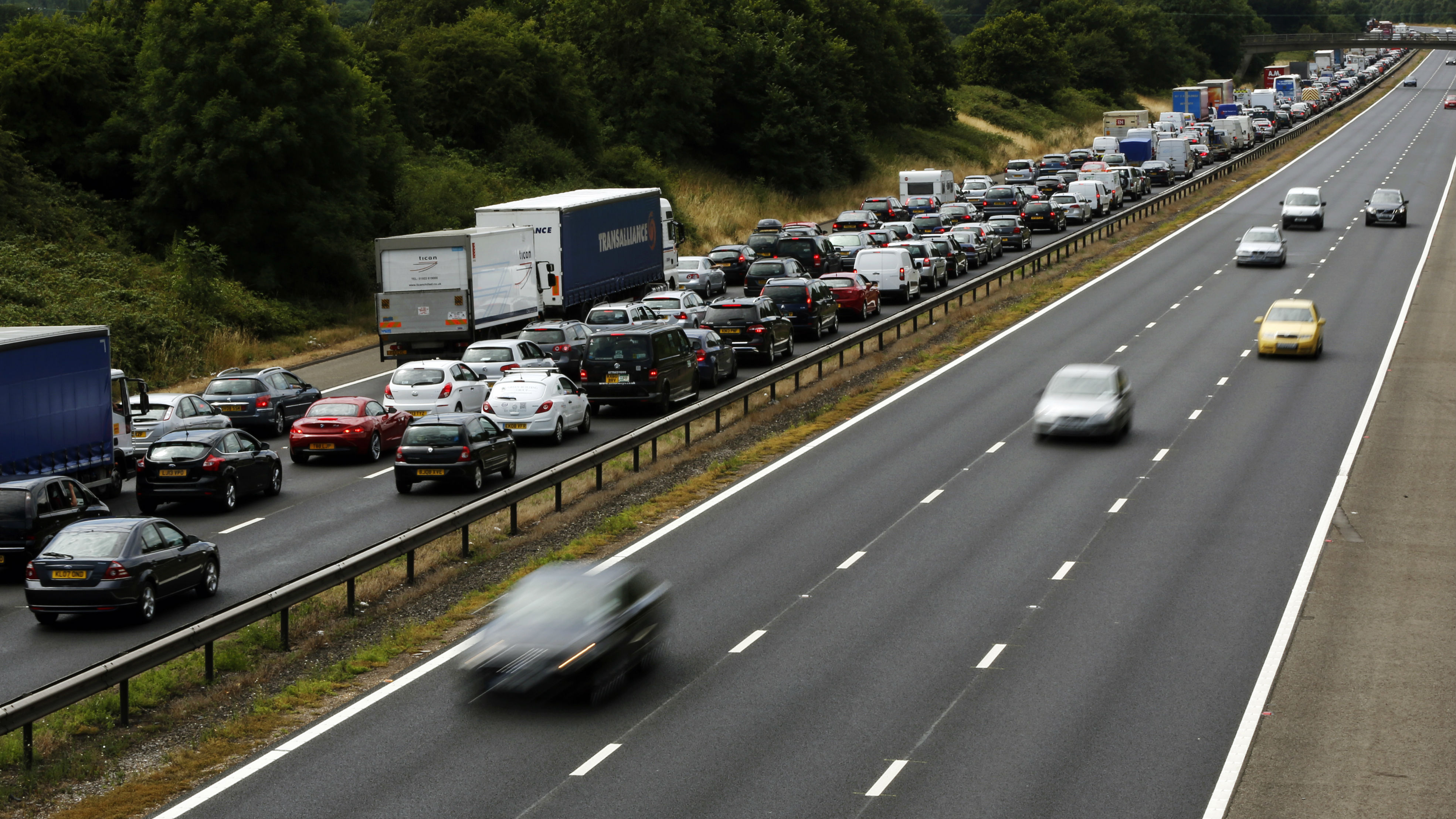 UK car sales collapse to six-year low as ‘perfect storm’ hits
UK car sales collapse to six-year low as ‘perfect storm’ hitsSpeed Read New figures show Brexit and emissions uncertainty are taking toll
-
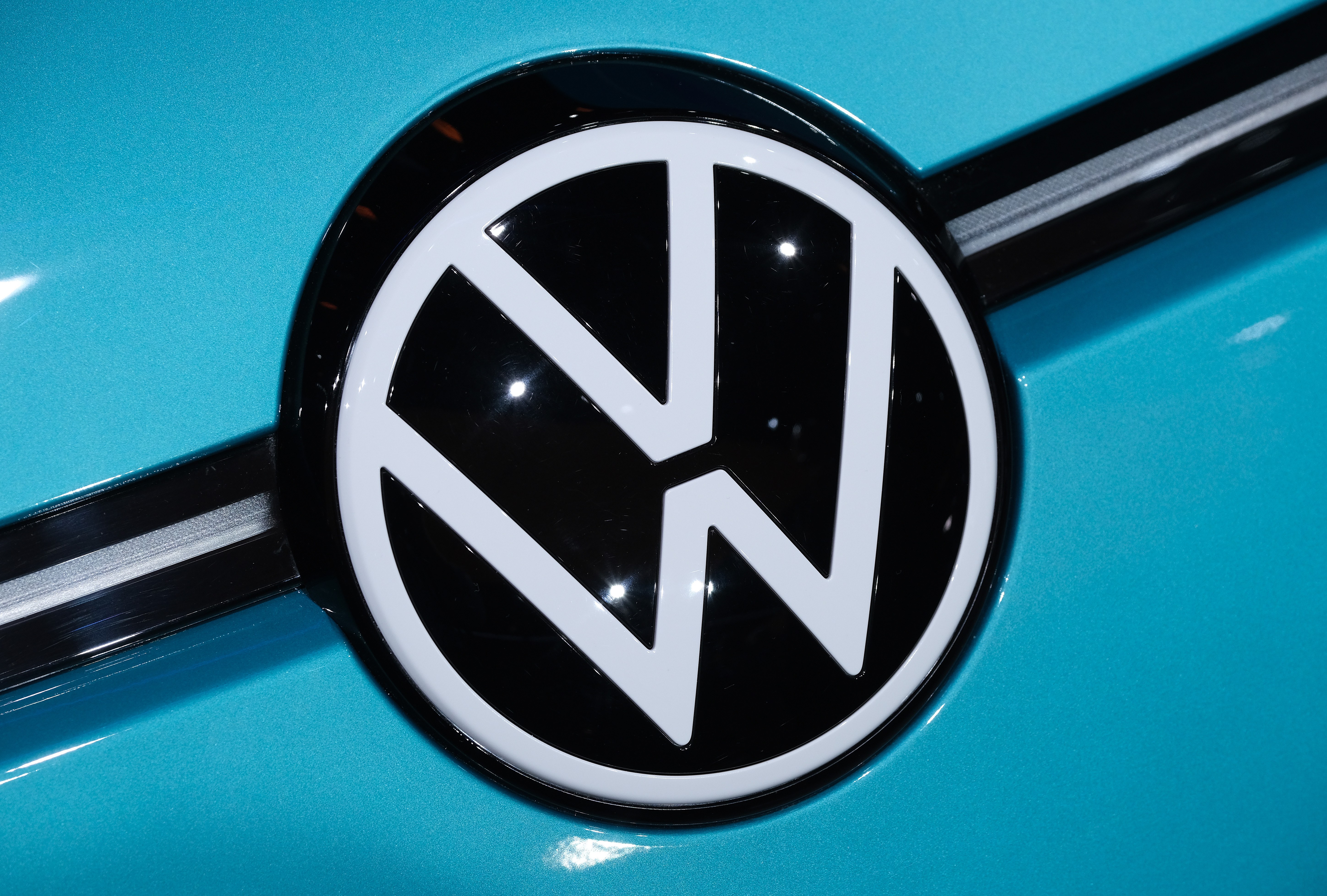 Volkswagen emission scandal: largest legal case in German history begins
Volkswagen emission scandal: largest legal case in German history beginsIn Depth More than 400,000 customers seeking compensation from the carmaker
-
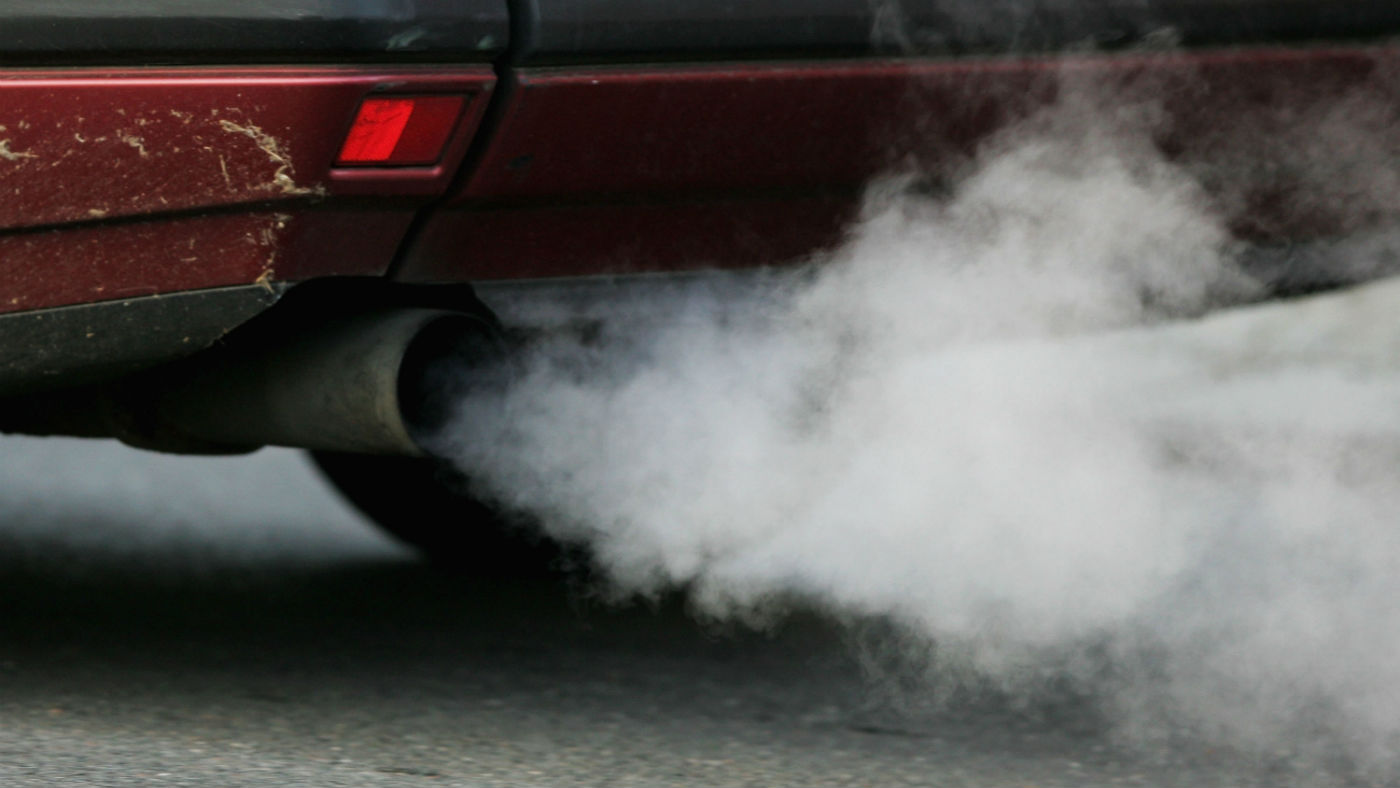 Why road transport emissions are still climbing despite electric car boom
Why road transport emissions are still climbing despite electric car boomIn Depth Campaigners call for curb on car use in light of greenhouse gases increase
-
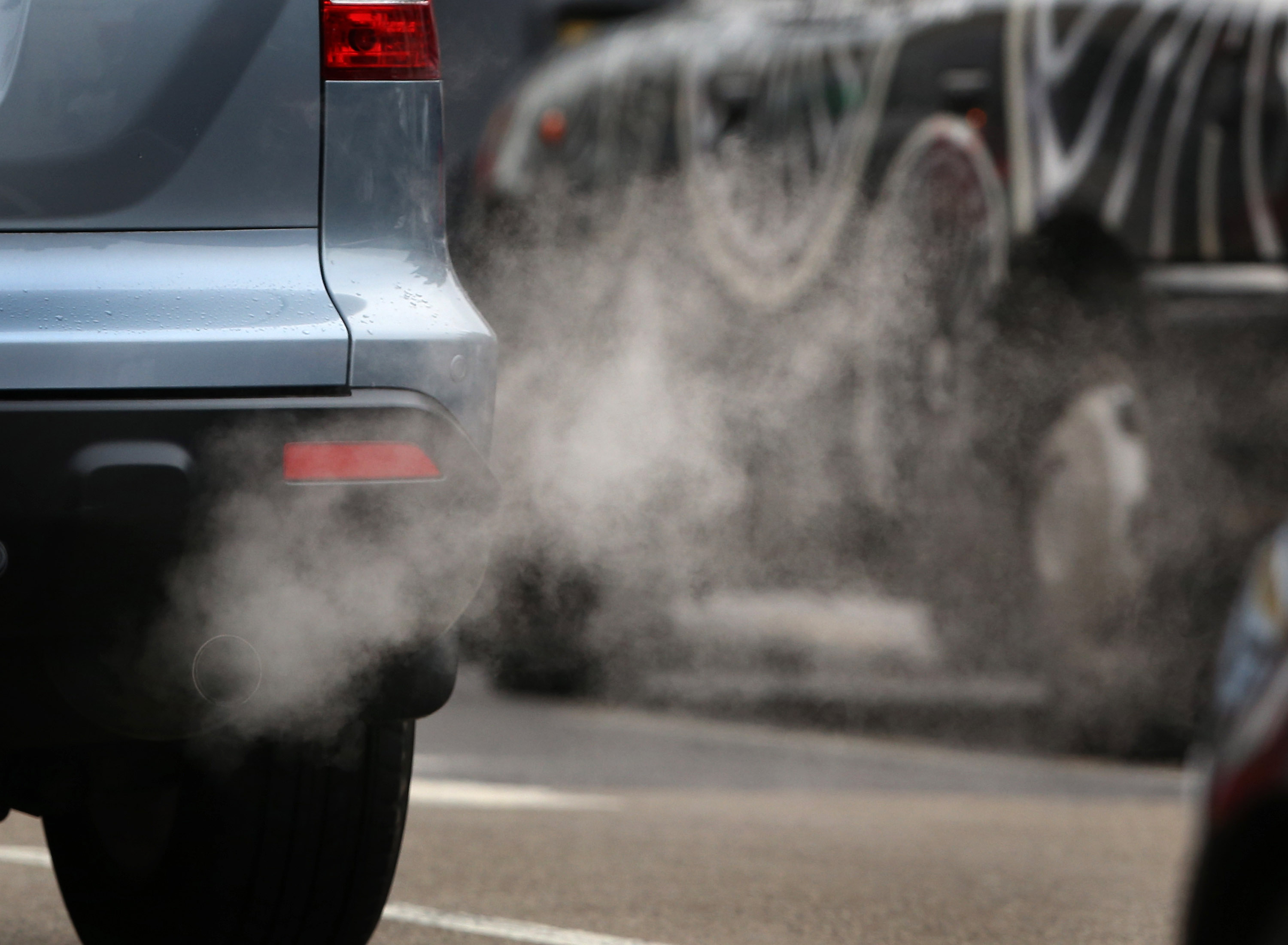 Engine idling: current laws, penalties and proposed changes
Engine idling: current laws, penalties and proposed changesIn Depth Councils may soon issue on-the-spot fines to offending drivers
-
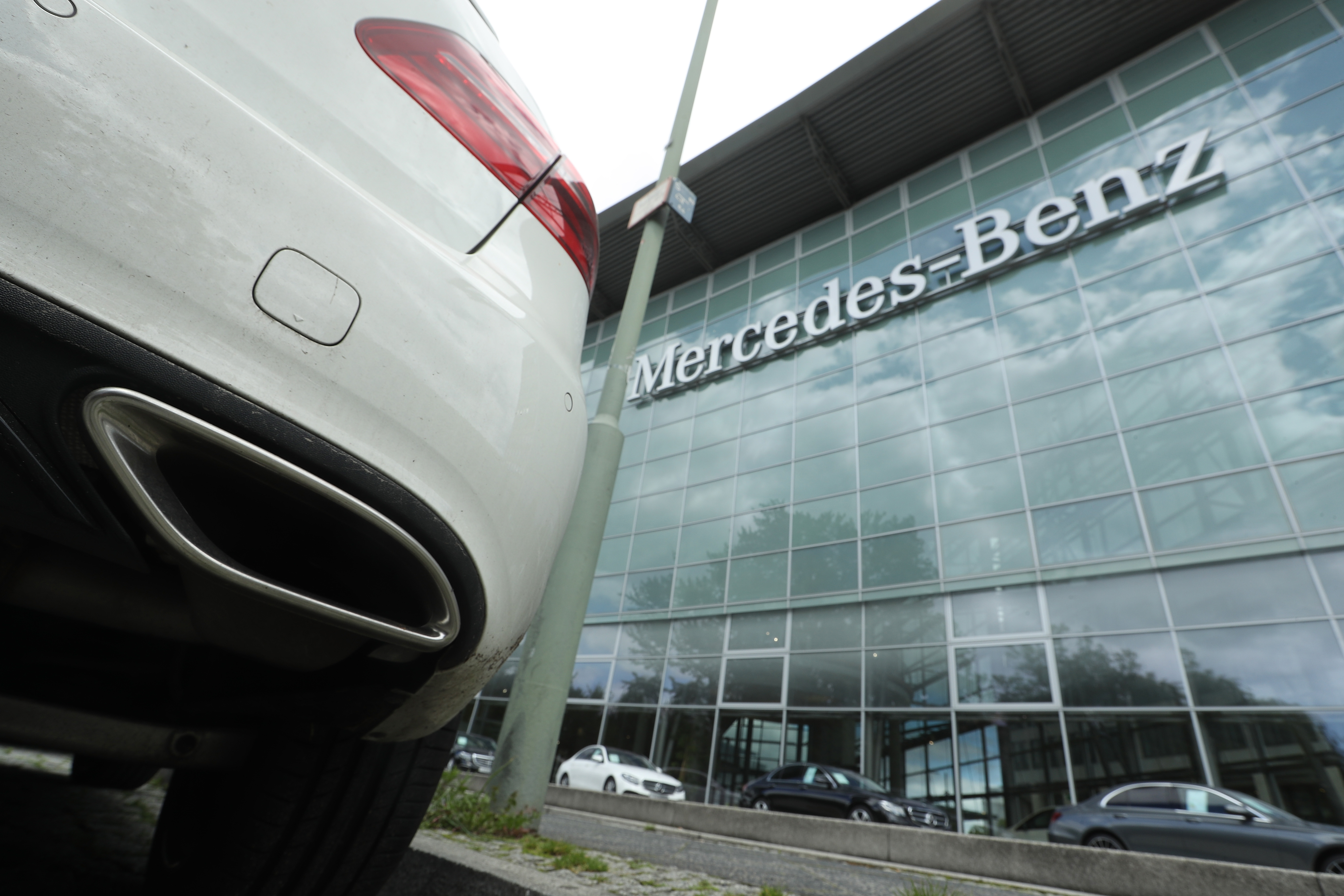 EU finds BMW, Volkswagen and Mercedes parent Daimler guilty of ‘emissions collusion’
EU finds BMW, Volkswagen and Mercedes parent Daimler guilty of ‘emissions collusion’Speed Read German car giants allegedly prevented green technology from reaching the market
-
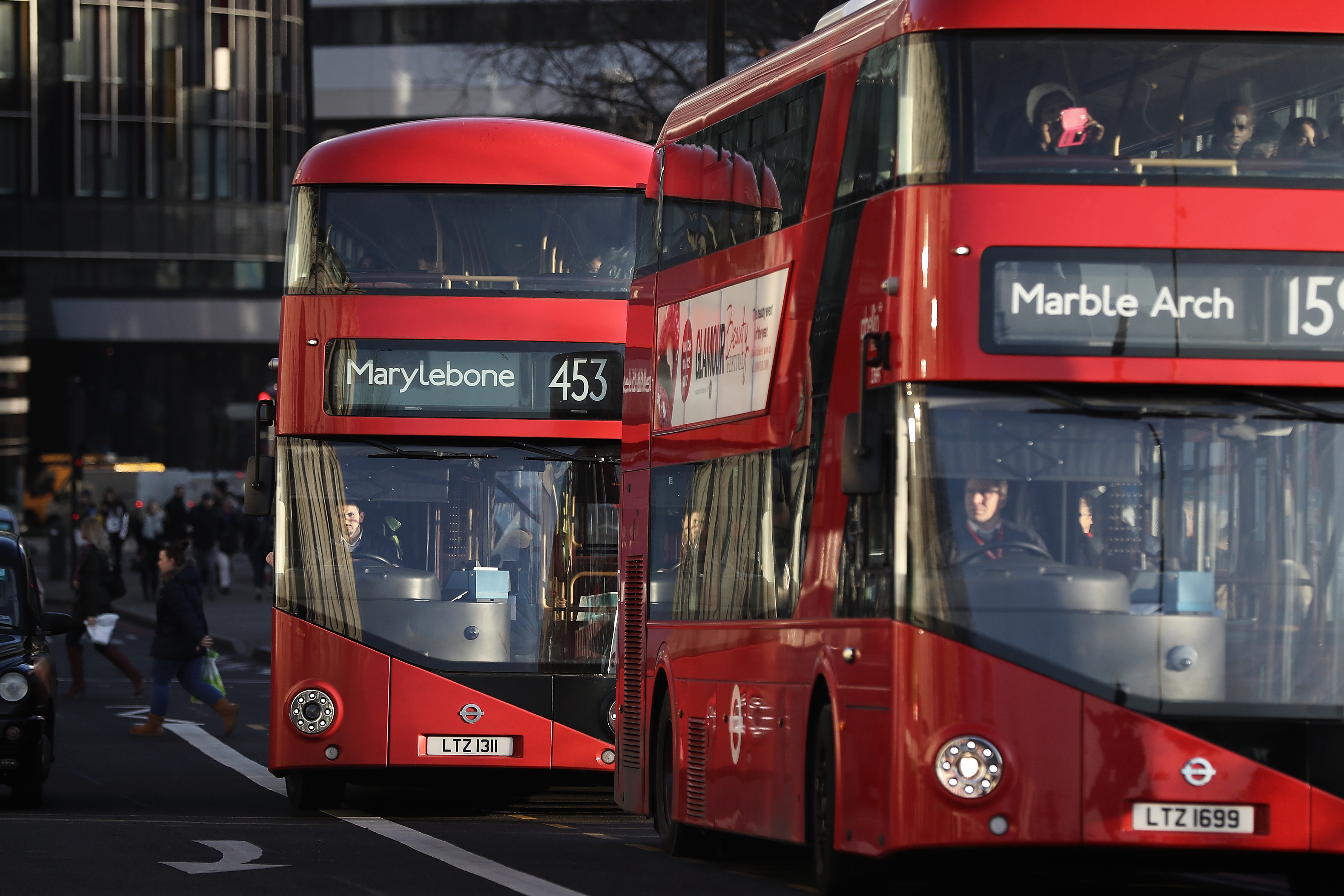 Drivers to be paid £3,000 a year to ditch their cars
Drivers to be paid £3,000 a year to ditch their carsSpeed Read Trials will begin in Coventry later this year to encourage motorists to use bikes or buses
-
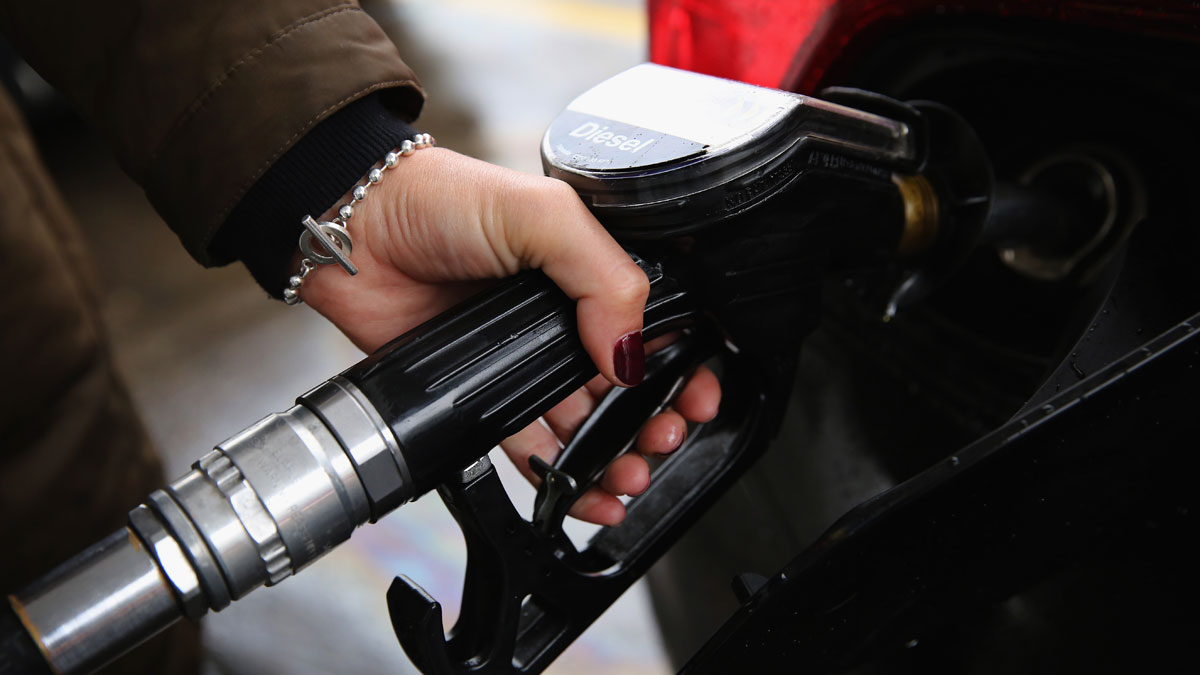 How clean are new diesel cars?
How clean are new diesel cars?Speed Read New research finds cars using the controversial fuel produce ‘almost no NOx gases’